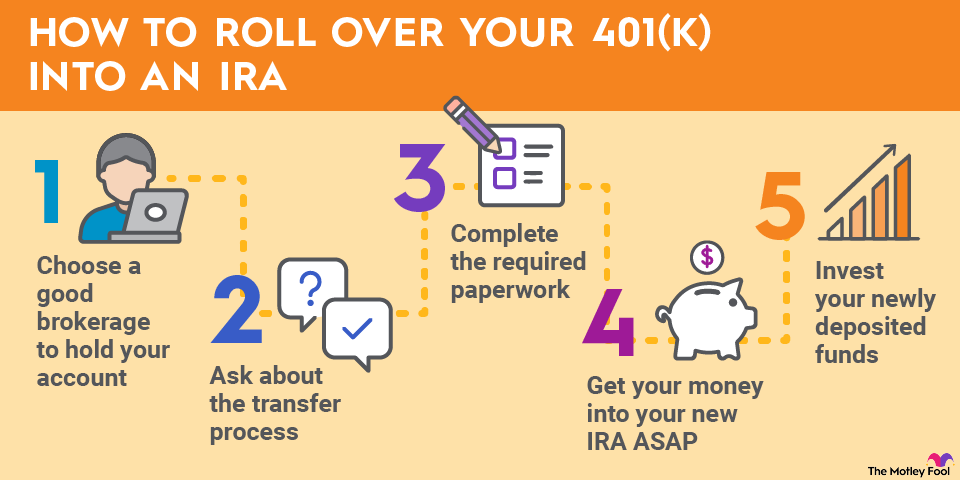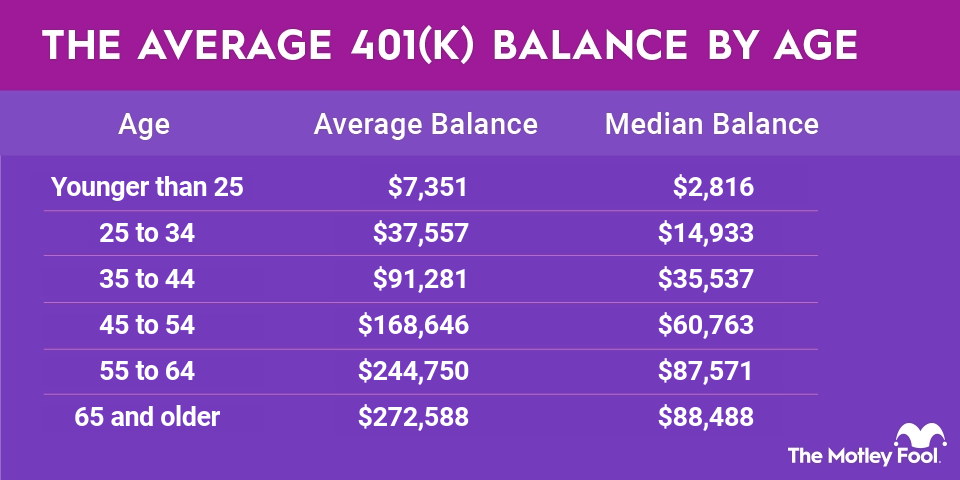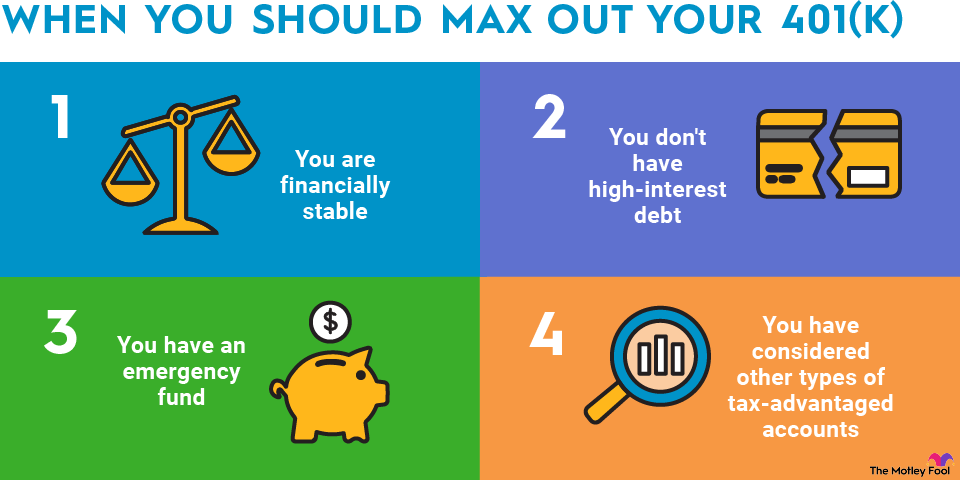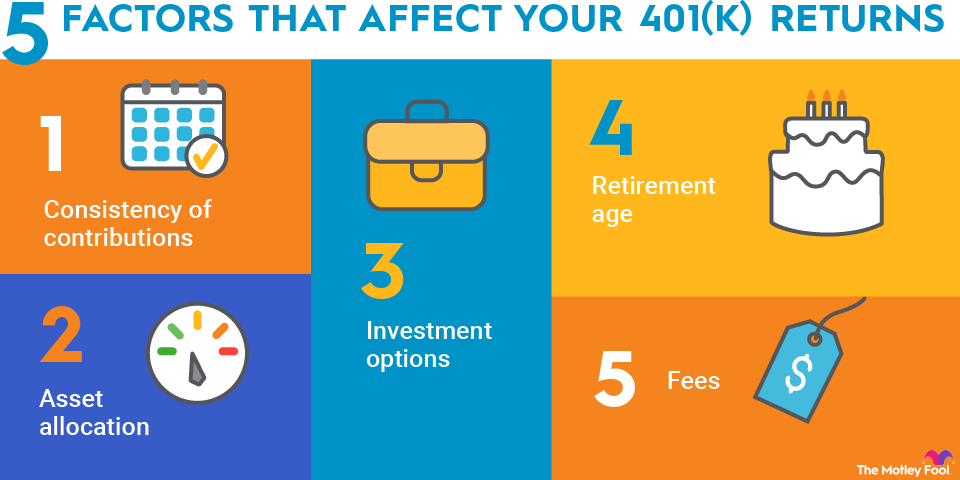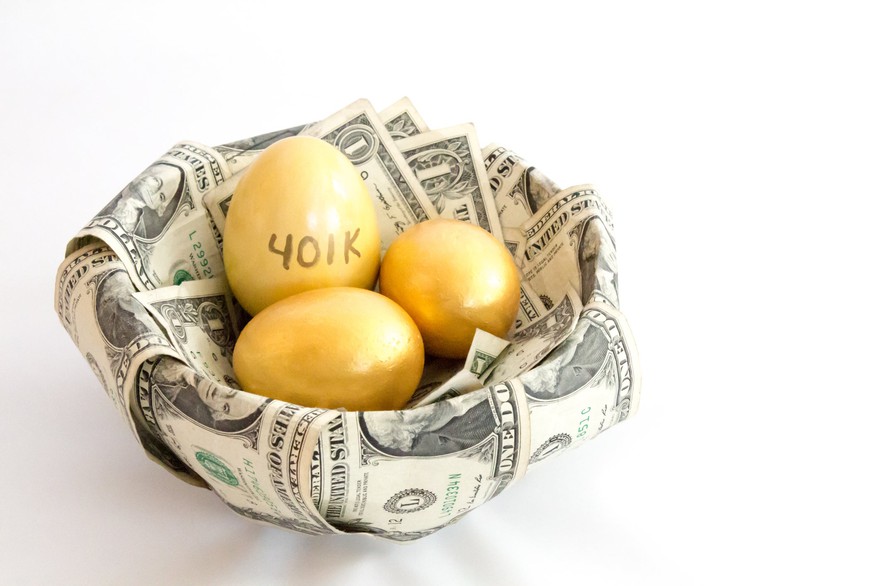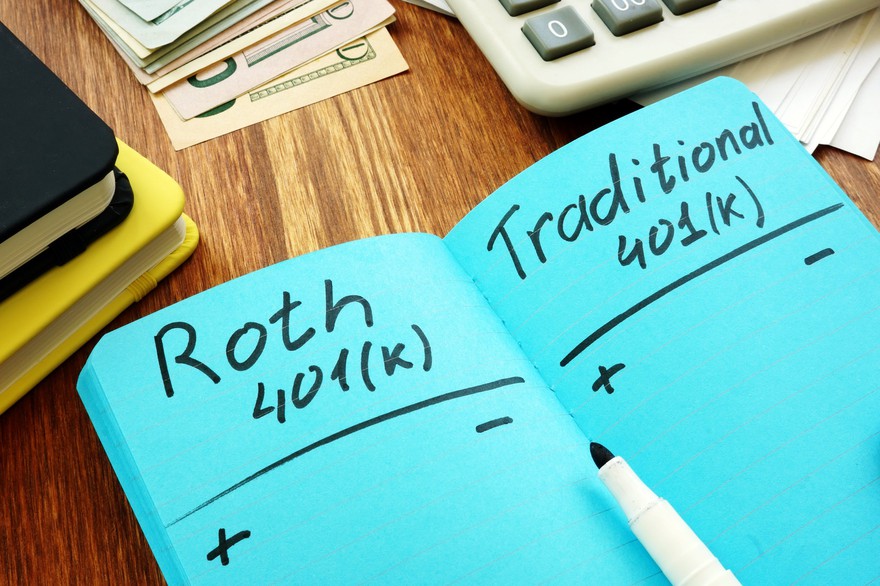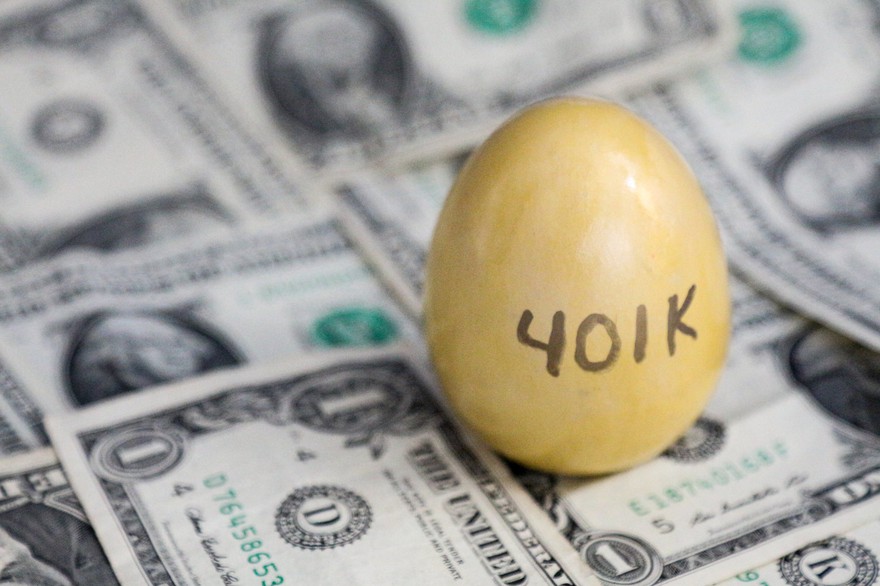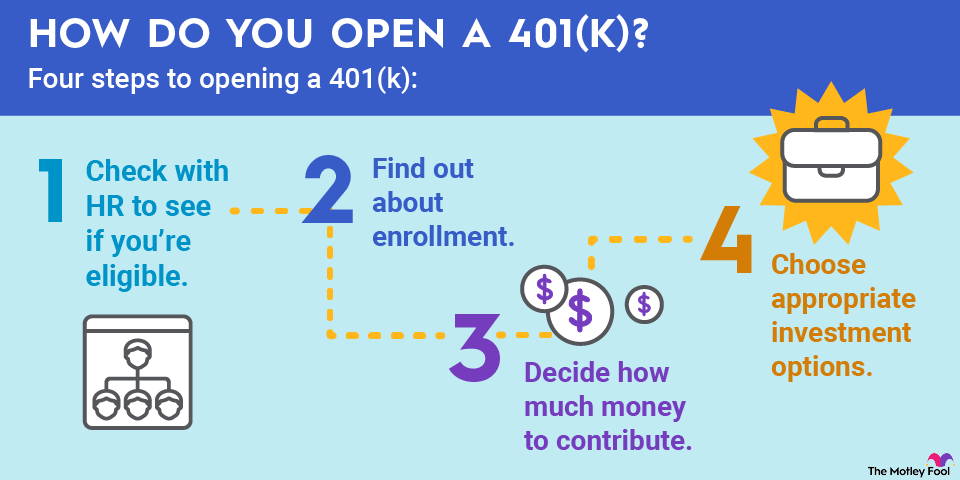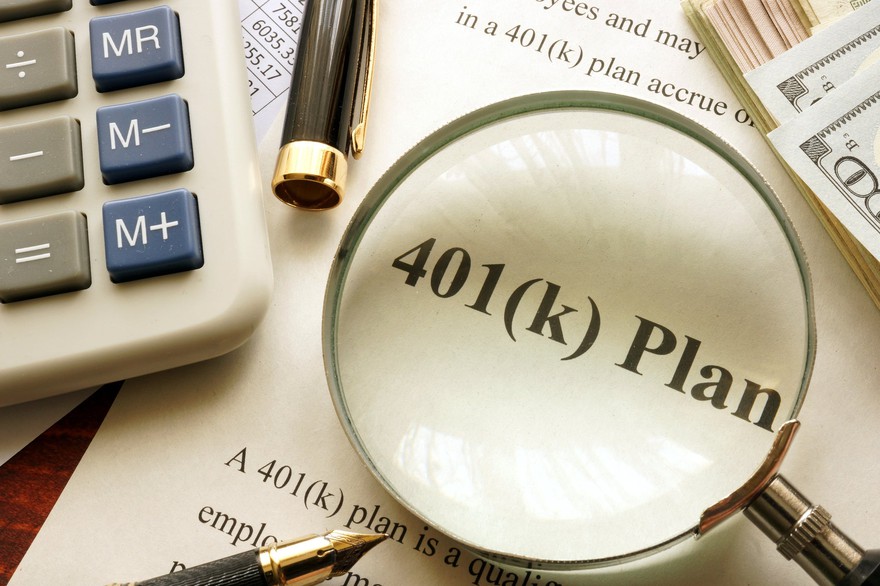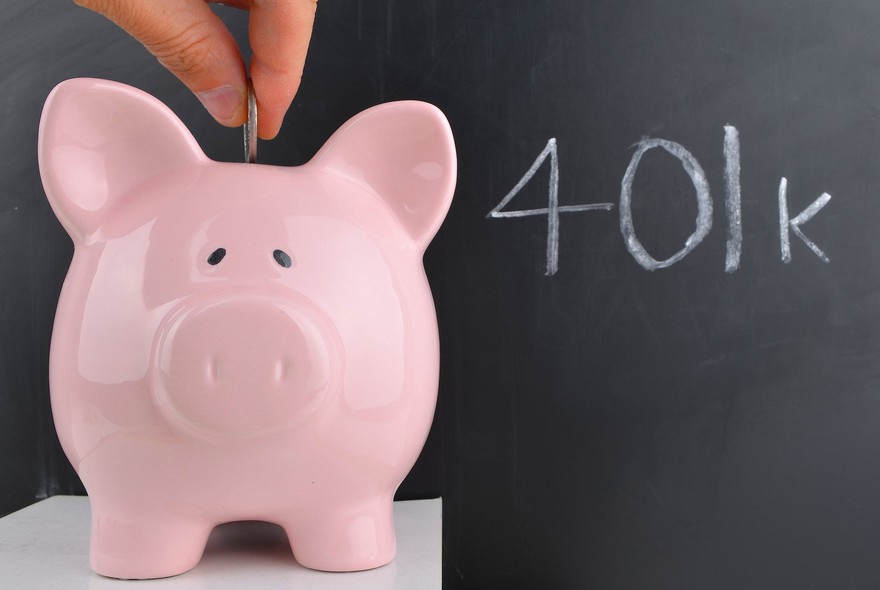If you have a 401(k) plan at work, you may be able to borrow money from your account. This is known as a 401(k) loan.
There are some perks to using a 401(k) loan, including the fact that you don't need good credit to qualify, and you pay interest to yourself instead of a creditor. Some Americans decide these advantages outweigh the downsides, such as passing up potential investment gains on the borrowed money.
If you're in the process of deciding whether borrowing from your retirement account makes sense, here are seven things you need to know.

1. You can borrow up to $50,000 or 50% of your vested balance.
A 401(k) loan is limited to the lesser of $50,000 or 50% of your vested balance. Of course, you can only borrow as much as you have available in your 401(k), so if your balance is smaller, you won't be able to take out a loan for the full allowable amount.
2. You typically have five years to repay the loan.
A 401(k) loan must be repaid within five years of borrowing the money from your account. Repaying the loan on schedule is crucial to avoid early filing penalties and other tax consequences, which are discussed below.
Note: The big exception is if the loan is used to help purchase a primary residence. In this case, repayment terms can be longer.
3. Not all 401(k) plans will allow you to borrow.
Not all 401(k) plans allow you to borrow against your retirement account. If your employer doesn't permit it, you won't have this option available. You'll need to check with your plan administrator to determine if borrowing is allowed and to find out the maximum loan limits for your specific plan.
4. If you lose your job, you may have to repay the money by Tax Day next year.
Leaving your job used to trigger a requirement that you repay your loan within 60 days. However, the rules changed in 2018 under the Tax Cuts and Jobs Act. Now you have until Tax Day for the year you took the withdrawal to pay what you owe.
If you borrowed in 2025, you'll have to repay the full balance by April 15, 2026, or by Oct. 15, 2026 if you file an extension.
This longer deadline slightly reduces the risks of borrowing. But if you take out a loan now, spend the money, and then are faced with an unexpected job loss, it could be hard to repay your loan in full.
5. If you default on your 401(k) loan, you'll owe a penalty.
If you do not pay your 401(k) loan back as required, the defaulted loan is considered a withdrawal or distribution and thus is subject to a 10% penalty applicable to early withdrawals made before age 59 1/2. That's potentially a huge cost, especially when you also consider the loss of the potential gains your money would have made had you left it invested.
However, this can certainly be better than the consequences that can occur if you fail to repay other types of loans.
6. If you take a 401(k) loan, you'll pay interest to yourself.
When you borrow against your 401(k), you have to pay interest on your loan. The good news is that you'll be paying that interest to yourself. Your plan administrator will determine the interest rate, which is usually based on the current prime rate.
The bad news is that you will pay interest on your 401(k) loan with after-tax dollars. When you take money out as a retiree, you are still taxed on the distributions at your ordinary income tax rate. This means the money is effectively taxed twice -- once when you earn it before using it to pay back your loan and then again when the withdrawal is made.
The interest you pay yourself is generally also below what you would earn if you had left your money invested for the long term.
7. 401(k) withdrawals are an alternative to 401(k) loans.
A 401(k) loan is generally preferable to a 401(k) withdrawal if you must use the funds in your retirement accounts to meet your immediate needs. A loan is a better alternative because:
- You avoid the 10% early withdrawal penalty that applies if you take money out of your 401(k) before age 59 1/2.
- You'll repay the money to your 401(k) so it will not permanently lose out on all of the investment gains it could have earned between the time of the withdrawal and the time you retire.
Before considering a 401(k) withdrawal and incurring both the penalties and losing gains for the remainder of the time until retirement, you should seriously think about taking out a loan instead if your plan allows it.
Related retirement topics
Weigh the pros and cons before you take out a 401(k) loan
Always carefully consider the pros and cons before you borrow against your retirement account. Your financial future is at stake when you withdraw invested funds that should be helping you to build security in your later years.

